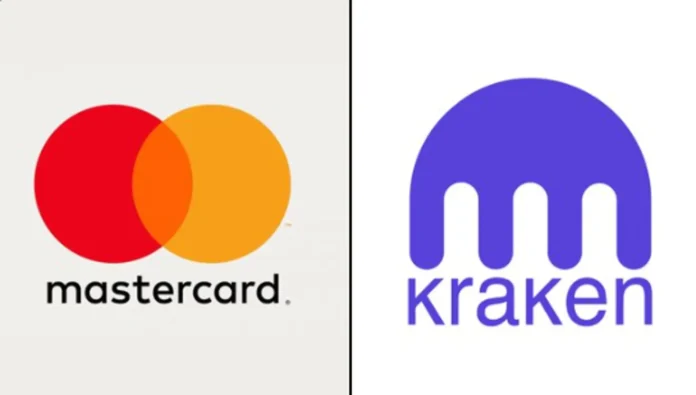Cryptocurrency exchange Kraken has announced a strategic partnership with Mastercard to launch crypto debit cards across the United Kingdom and Europe. The move, revealed on April 8, will allow Kraken users to spend cryptocurrencies and stablecoins directly through physical debit cards.
The rollout is expected to begin in the coming weeks, with a waitlist already open to customers. The initiative aligns with Kraken’s ongoing efforts to secure a license under the EU’s Markets in Crypto-Assets Regulation (MiCA) framework.
Expanding Payment Options with Kraken Pay
The Mastercard partnership builds on the momentum of Kraken Pay, a payment service launched in January 2025. Kraken Pay enables users to send over 300 different cryptocurrencies globally and introduces a paylink feature, allowing simple payments via a URL.
Since its launch, over 200,000 users have activated Kraktag, a unique identifier that lets users receive funds without revealing their banking details. With this integration, Kraken aims to bridge the gap between digital assets and real-world spending.
Mastercard Strengthens Crypto Ambitions
For Mastercard, this collaboration marks another step in its broader digital assets strategy. The payments giant has previously partnered with major crypto players, including MetaMask and Mercuryo, as it explores new ways to enable mainstream adoption of crypto payments.
“Mastercard is committed to driving innovation and expanding the possibilities of digital payments,” said Scott Abrahams, EVP of global partnerships at Mastercard.
“Our latest partnership with Kraken is a testament to that as we work together to unlock the true potential of crypto assets for everyday use.”
Bridging Traditional Finance and Web3
With regulators tightening oversight and users demanding more utility from their digital assets, Kraken’s move to issue crypto debit cards signals a clear push toward mainstream adoption. By leveraging Mastercard’s payment infrastructure, Kraken is positioning itself as a key player in connecting Web3 finance with traditional financial systems.


